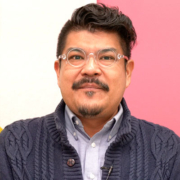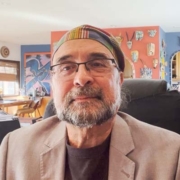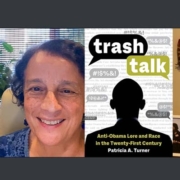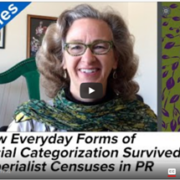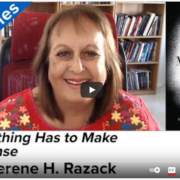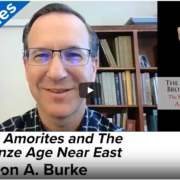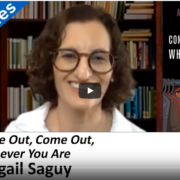Author Dr. Brenda Stevenson discusses her new book “What Sorrows Labour in My Parent’s Breast: A History of the Enslaved Black Family.” Dr. Stevenson talks about her research on the lives of enslaved black families over time (17th century to end of the Civil War) and space (British, French, Dutch, Spanish colonies), following how families were torn apart, and eventually rebuilt. Using a multitude of available documents and artifacts (letters, diaries, pottery, family bibles, photographs, cloth), Dr. Stevenson brings the voices of these families to the reader and shines new light on the history of slavery and it’s direct and lingering impacts on family.
0:04 – Intro
0:43 – Genesis of the book?
2:08 – Main argument and contribution of the book?
3:10 – Importance of Loss, Recovery, and Resilience
4:10 – How do your sources bring insight into Black History, Family, and Identity?
6:03 – How does this book relate to current times?
UCLA History: https://history.ucla.edu
Interviewer: Dr. Celia Lacayo, Associate Director of Community Engagement, UCLA Social Sciences & Professor Chicana/o & Central American Studies and African American Studies Department
Subscribe to our YouTube channel for more interviews and videos.

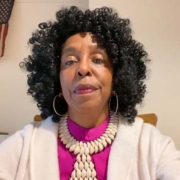
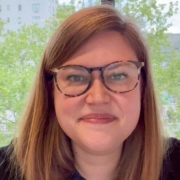
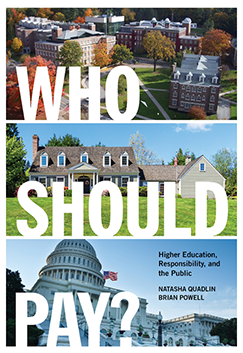 In “Who Should Pay? Higher Education, Responsibility, and the Public” author Natasha Quadlin takes the reader through the changing opinions on student debt over the past couple of decades.
In “Who Should Pay? Higher Education, Responsibility, and the Public” author Natasha Quadlin takes the reader through the changing opinions on student debt over the past couple of decades.